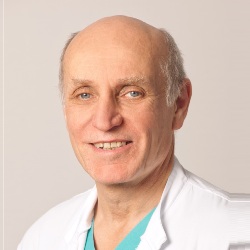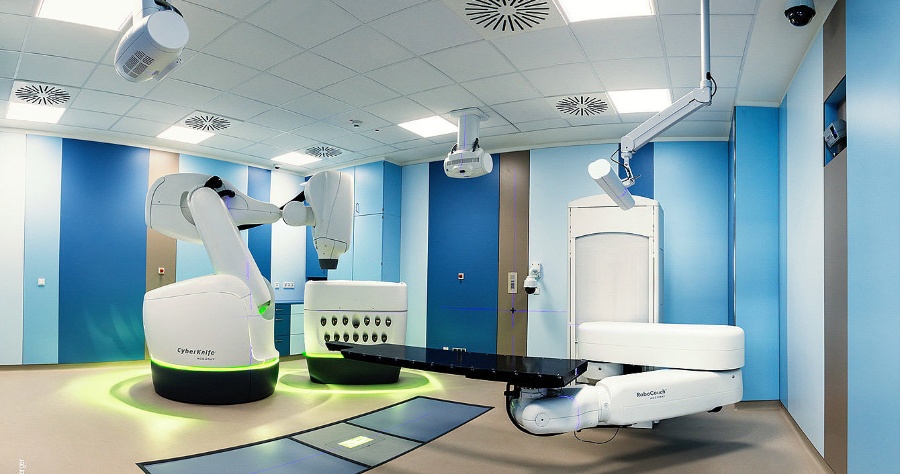University Hospital Heidelberg
![]() Heidelberg, Germany
Heidelberg, Germany
Diagnosis of Angina pectoris
- Initial consultation with the doctor
- clinical examination
- cardiological examination
- review of medical records
- laboratory tests:
- complete blood count
- biochemical analysis of blood
- lipid profile
- kidney function test
- metabolic status
- hormonal analysis
- cardiovascular disease risk markers
- general urine analysis
- ECG
- chest X-ray
- stress echocardiography
- graded exercise stress test
- myocardial perfusion scintigraphy (if indicated)
- coronary artery calcium (CAC) score by fast CT (if indicated)
- electron-beam computed tomography (EBCT)
- CT coronary angiography (if indicated)
- nursing services
- consultation with cardiologist
- consultation with other related specialists
- explanation of an individual treatment plan
- written prescription
Department of Cardiology, Angiology, and Pulmonology

Head of the Department
Prof. Dr. Hugo Albert Katus
Department of Cardiology, Angiology, and Pulmonology at University Hospital Heidelberg provides care for patients with heart, blood vessels, and lung diseases. The department has 132 beds where over 7,000 inpatients are treated every year. The outpatient clinic also offers the...
Read MoreAbout University Hospital Heidelberg
Founded in 1388, University Hospital Heidelberg is currently one of the largest hospitals in Germany and has been recognized by FOCUS Magazine as one of the best medical institutions in Germany as it is one of the most innovative medical facilities in Europe.
The University Hospital Heidelberg consists of 50 specialized departments and 13 theoretical medicine institutes consisting of 1911 beds where over 65,000 inpatients are treated every year. Due to state-of-the-art technology, experienced specialists, active research projects, over 110,000 outpatients seek medical service at the hospital every year making it rank among the best international medical facilities. The hospital offers its service in a positive, friendly atmosphere where 10,723 employees provide medical care with a respectful attitude.
The research unit of the University Hospital Heidelberg is well-known for its success and experience. For example, the Department of Human Genetics, under the leadership of Prof. Dr. Med. Christian Schaaf, where tumor genetics, genetic epidemiology, molecular cytogenetics, clinical genetics are studied has achieved great success in the development of gene therapy for various kinds of cancer.






